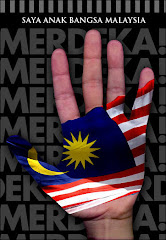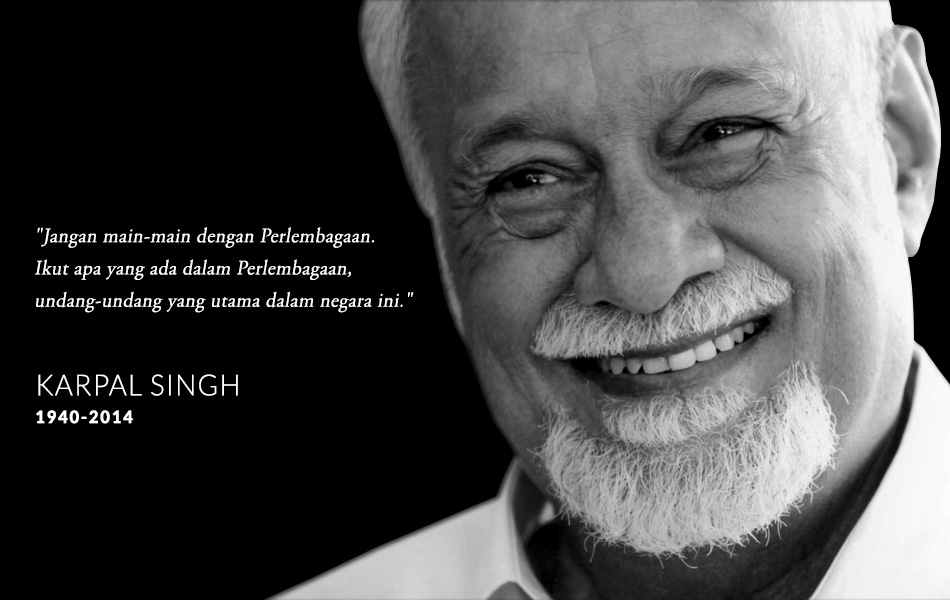Dec 27, 2008
Remembering Benazir Bhutto (21 June 1953 – 27 December 2007)
Dec 26, 2008
Remembering Asian Tsunami (December 26, 2004)

2004 Indian Ocean earthquake was an undersea earthquake that occurred at 00:58:53 UTC on December 26, 2004, with an epicentre off the west coast of Sumatra, Indonesia. It is known by the scientific community as the Great Sumatra-Andaman earthquake, and the following tsunami is known as the Asian Tsunami or the Boxing Day Tsunami.
The earthquake was caused by subduction and triggered a series of devastating tsunami along the coasts of most landmasses bordering the Indian Ocean, killing more than 225,000 people in eleven countries, and inundating coastal communities with waves up to 30 meters (100 feet) high. It was one of the deadliest natural disasters in history.
The countries most affected by the tsunami are listed below (in alphabetical order):
- Bangladesh
- India
- Indonesia
- Kenya
- Malaysia
- Madagascar
- Maldives
- Myanmar
- Seychelles
- Somalia
- South Africa
- Sri Lanka
- Tanzania
- Thailand
With a magnitude of between 9.1 and 9.3, it is the second largest earthquake ever recorded on a seismograph. This earthquake had the longest duration of faulting ever observed, between 8.3 and 10 minutes. It caused the entire planet to vibrate as much as 1 cm (0.5 inches) and triggered other earthquakes as far away as Alaska.
The plight of the many affected people and countries prompted a widespread humanitarian response. In all, the worldwide community donated more than $7 billion (2004 U.S. dollars) in humanitarian aid.
Watch this memorial videos:
Dec 25, 2008
Dec 24, 2008
I Support Hudud Law!

Hudud offenses are one of four different kinds in Islamic Penal Law:
- Qisas - meaning retaliation, and following the biblical principle of "an eye for an eye.
- "Diyya - compensation paid to the heirs of a victim. In Arabic the word means both blood money and ransom.
- hudud - fixed punishments
- Tazir - punishment, usually corporal, administered at the discretion of the judge
Hudud offenses are defined as "claims of God," and therefore the sovereign was held to have a responsibility to punish them. All other offenses were defined as "claims of [His] servants," and responsibility for prosecution rested on the victim. This includes murder, which was treated as a private dispute between the murderer and the victim's heirs. The heirs had the right to compensation and to demand execution of the murderer, but they could also choose to forgive.
Hudud offenses include:
- Drinking alcohol
- Theft
- Highway robbery
- Illegal sexual intercourse/zina
- False accusation of zina
- Rebellion against the rule
- Apostasy includes blasphemy. (Unlike the five offenses listed above, not all jurists consider apostasy to be a hudud offense).
The punishments vary according to the status of the offender - Muslims generally receive harsher punishments than non-Muslims, free people receive harsher punishments than slaves, and in the case of zina', married people receive harsher punishments than unmarried.
In brief, the punishments include:
- Capital punishments - by sword/crucifixion (for highway robbery with homicide), by stoning (for zina' when the offenders are mature, married Muslims)
- Amputation of hands or feet (for theft and highway robbery without homicide)
- Flogging with a varying number of strokes (for drinking, zina' when the offenders are unmarried or not Muslims, and false accusations of zina')
Dec 22, 2008
Swimmer Khoo Cai Lin Shattered Three National Records

Her place in national sporting history was sealed when she won the 400m freestyle at the National Aquatic Centre in Bukit Jalil recently in Asean University Games. Khoo won gold in the 100m 200m, 400m, 800m freestyle and other several events. In total, she broke six meet records and three national records.
National swimmer Khoo Cai Lin could not have asked for a better gift for her 20th birthday. With great ease and elegance, the young athlete swam her way to three gold medals at the 14th Asean University Games (AUG). But, more significantly, she smashed the 400m freestyle national record held by Nurul Huda Abdullah for 20 years. She could not have asked for more for her birthday. How many young people get to experience this? She is going to celebrate her birthday on Christmas Day.
Dec 21, 2008
Whats Wrong With Malaysian?
We Malaysian must build up our understanding among each other. Try to sit together and discuss about the pig farming issue, we can settle the problem in more civilised way. Sensitive banners and racial incitements are not our Malaysian culture, definitely not going to solve our problem.
Government must take proper action against this issue, bring local residents to sit face to face to settle down this issue. Why keep quit? Don't wait till this issue become more sensitive and uncontrollable. We need a responsible government to solve this problem!
















